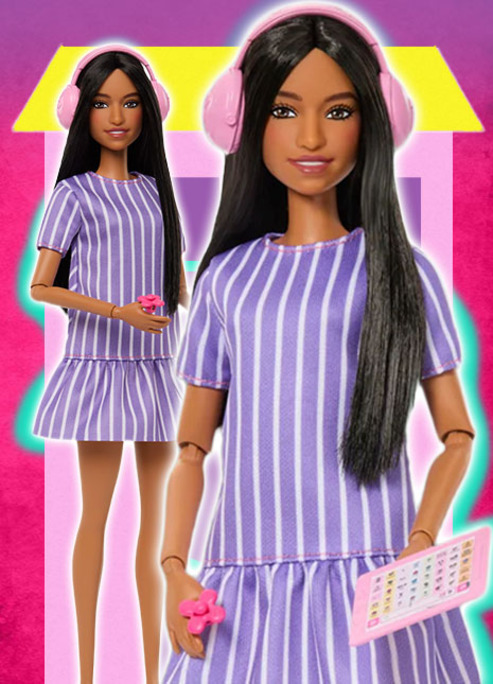The Gender Politics of On the Street Interviews
Men with microphones have taken to the streets, and are chasing virality by starting a gender war.
“What’s your body count? ” asked YouTuber J Cubed, whose TikTok account has 37.5 million likes total. The interviewees, almost always visibly drunk, ramble through light-hearted, cheeky responses. Later subjected to taunting editing and an onslaught of hate comments, the unlucky participant’s fun night out turns into a social media nightmare. This account is one of many “on-the-street” interviewers that use gendered anger for internet fame.
The man-on-the-street interview format is far from new, but success comes at the expense of the participant in this new TikTok trend. The questions asked are often intrusive, controversial, and deeply personal, covering the racy subject matter of modern dating and sex.
As social media has repeatedly proven, anger can often translate to viral success. These accounts rile up their primarily male audiences and thrive off of angry comments. The interviews are conducted at a severe power imbalance, with the participant usually caught off-guard and drunk. Editing is often used against them, with 22 year old Faith Alexa claiming her interview with YouTuber J Cubed was misleadingly edited.
"People are coming up with crazy assumptions about who I am as a person, what my history is.” said Alexa in her own response video. “Don’t do street interviews if you’ve had some margs.”
This new trend of on the street interviews capture the vulnerability of its participants and subject them to unsolicited hate. Exploitative and deceivingly edited, these interview hosts know exactly what angry reaction they want from their viewers. Fueling a gender war on social media is common practice, but hopefully with awareness, these accounts can be stopped for good.











